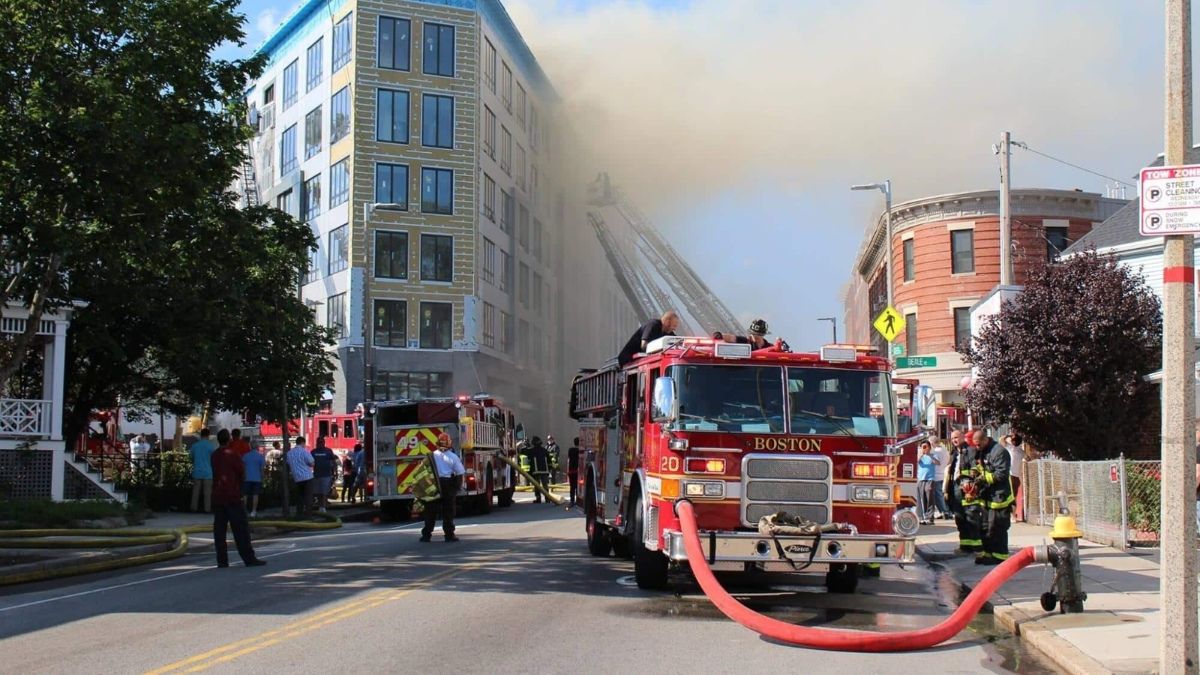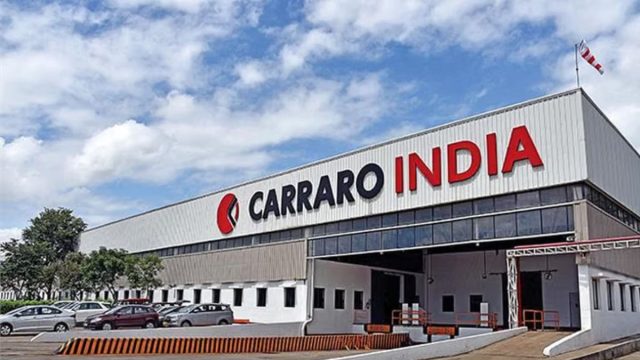Running a retail store is rewarding but comes with risks. Among them, fire is one of the biggest threats. Whether due to electrical faults, kitchen incidents or other accidents, a fire can destroy everything in minutes. That’s why having the right fire insurance policy is crucial. It ensures financial security and helps you rebuild your business without massive out-of-pocket expenses.
What is fire insurance?
Fire insurance is a policy that protects businesses from financial loss due to fire damage. It covers property, stock, furniture and equipment. Some policies even cover lost income during store closure due to fire damage.
Why is fire insurance important for retail stores?
A fire can lead to devastating financial losses. Here’s why fire insurance is essential for retail businesses:
- Protects your investment – Your store, inventory, and fixtures are valuable. Fire insurance ensures you don’t lose everything and covers your investment.
- Covers repair and replacement costs – Repairing a fire-damaged store can be expensive. A good policy covers these costs.
- Ensures business continuity – If a fire forces you to close temporarily, some policies cover lost income.
Types of fire insurance policies
Before selecting a policy, it’s important to understand the different types available. Here are the common ones:
- Valued policy
- Covers a pre-agreed value rather than actual loss.
- Useful for businesses with fixed assets like expensive interiors.
- Floating policy
- Covers stock across different stores under a single policy.
- Ideal for businesses with multiple locations.
- Specific policy
- Provides coverage up to a fixed amount.
- If losses exceed this limit, the extra costs must be covered by you.
- Comprehensive policy
- Also called a ‘standard fire and special perils policy’.
- Covers fire damage plus other risks like natural disasters, riots or vandalism.
How to choose the right fire insurance for your retail store
- Assess your risks
Every business faces different fire risks. A restaurant has higher risks than a clothing store due to its kitchen operations. Identify what could cause a fire in your store before choosing a policy.
- Check the coverage
Look for a policy that covers:
- Building and interior damage
- Stock and inventory loss
- Business interruption losses
- Fire caused by electrical short circuits
- Compare premiums and deductibles
- Premiums vary based on factors like store size, location and coverage amount.
- Choose a policy that balances affordability and adequate coverage.
- Look for additional coverage
Some policies offer add-ons like:
- Earthquake and flood protection
- Damage due to riots or vandalism
- Loss of profits due to fire damage
- Understand policy exclusions
Most fire insurance policies do not cover:
- Intentional fires
- Fire caused due to illegal activities
- Losses beyond the insured amount
Fire prevention tips for retail stores
A good fire insurance policy is essential, but prevention is even better. Here are some ways to minimise fire risks:
- Install smoke detectors and fire alarms to detect fires early.
- Keep fire extinguishers in easy-to-reach places.
- Regularly inspect electrical wiring for faults.
- Train staff on fire safety measures to respond quickly.
- Have an emergency evacuation plan in place.
Fire insurance vs shop Insurance
While fire insurance covers only fire-related damages,shop insurance provides broader protection. Shop insurance includes:
- Fire and natural calamities
- Theft and burglary
- Third-party liability
- Employee injuries
If you want complete protection for your retail store, consider shop insurance, which includes fire insurance as part of the package.
How to file a fire insurance claim
If your store suffers fire damage, follow these steps to claim insurance:
- Inform your insurer
- Report the fire immediately.
- The sooner you notify, the faster the claim process begins.
- File a police report
- In some cases, insurers require a police report.
- Document the damage
- Take clear photos and videos of the damage.
- Maintain a list of damaged goods and property.
- Provide proof of loss
- Submit stock records, invoices, and financial statements.
- This helps insurers assess the loss accurately.
- Assist in the survey
- The insurer will send a surveyor to inspect the damage.
- Receive compensation
- Once verified, the insurer will process your claim and provide compensation.
How to lower fire insurance premiums
Want to save money on fire insurance? Follow these tips:
- Install fire safety equipment (alarms, sprinklers, extinguishers).
- Maintain electrical systems to prevent short circuits.
- Keep clear safety exits and emergency response plans.
- Choose higher deductibles to lower monthly premiums.
Common myths about fire insurance
- Fire insurance covers all types of damage
Fire insurance covers fire-related losses but may not cover floods, earthquakes, or theft unless added as extra coverage.
- Filing a claim is complicated
While documentation is required, insurers have simplified claim processes in recent years.
- Small stores don’t need fire insurance
Fires don’t discriminate between big or small stores. Even a minor fire can cause significant losses.
- If my shop is rented, I don’t need insurance
If you rent a store, the building owner’s policy may cover the structure, but your inventory and equipment are not covered. You still need a policy for your belongings.
Conclusion
Choosing the right fire insurance policy is one of the smartest decisions a retail store owner can make. It safeguards your business, protects your investment, and ensures peace of mind. By carefully assessing risks, comparing policies, and understanding exclusions, you can choose a plan that offers the best coverage. The right policy not only helps in recovery after an incident but also provides financial security in the long run. If you want complete protection, consider combining fire insurance with shop insurance. This way, you can cover a wider range of risks and ensure uninterrupted business operations.




